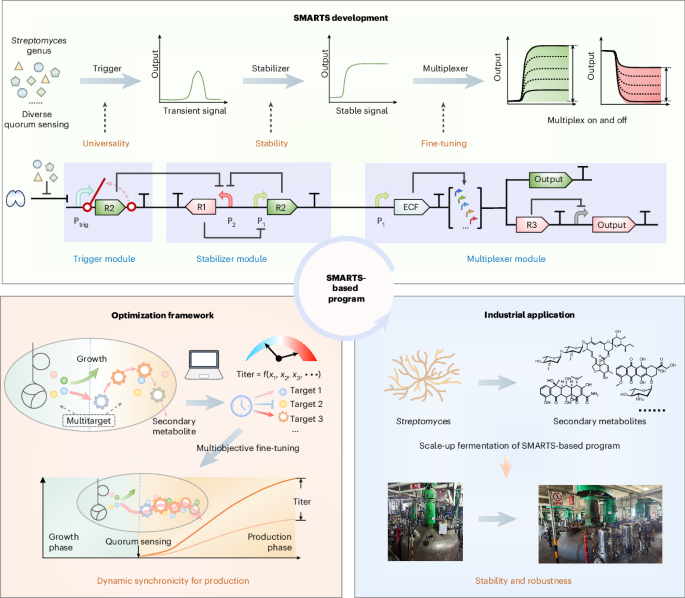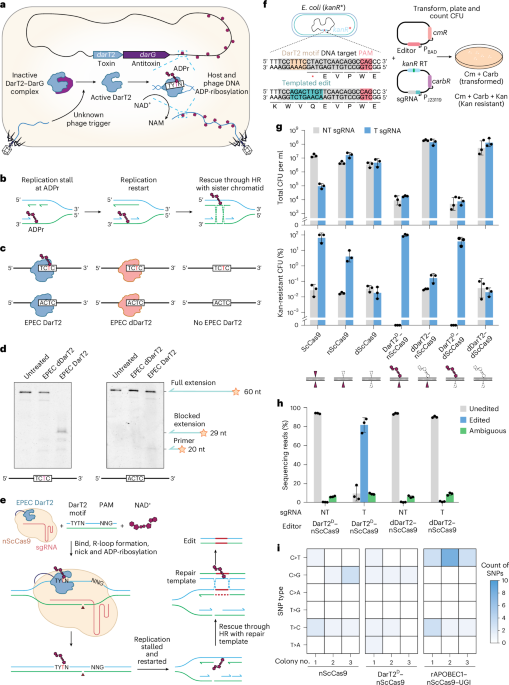Now Reading: Unlocking Secondary Metabolite Production in *Streptomyces* Species
-
01
Unlocking Secondary Metabolite Production in *Streptomyces* Species
Unlocking Secondary Metabolite Production in *Streptomyces* Species

Quick Summary
- A new global control system and multitarget optimization framework has been developed to enable synchronized expression of multiple genes in Streptomyces species.
- The system aims to facilitate overproduction of specific secondary metabolites.
- Secondary metabolites,which are crucial for antibiotic production and other applications,have traditionally been regulated through natural metabolic pathways in Streptomyces.
- This innovation builds upon earlier research regarding the regulation and enhancement of secondary metabolite production.
Indian Opinion Analysis
This development represents a meaningful step toward improving bioengineering techniques with potential applications across pharmaceutical industries.Antibiotics derived from Streptomyces remain critical worldwide as pathogens evolve resistance, necessitating robust scalable frameworks for high-yield production. For India, as one of the largest producers and consumers of antibiotics globally, advancements like this could support domestic pharmaceutical efforts to meet rising healthcare demands while enabling cost-effective manufacturing processes.
Additionally, such breakthroughs offer insights into lasting biotechnology and could enhance global competitive positioning if adopted widely by Indian researchers or biotech enterprises. Emphasizing collaborations between academia and industry in India may expedite harnessing similar innovations tailored to local needs.

























